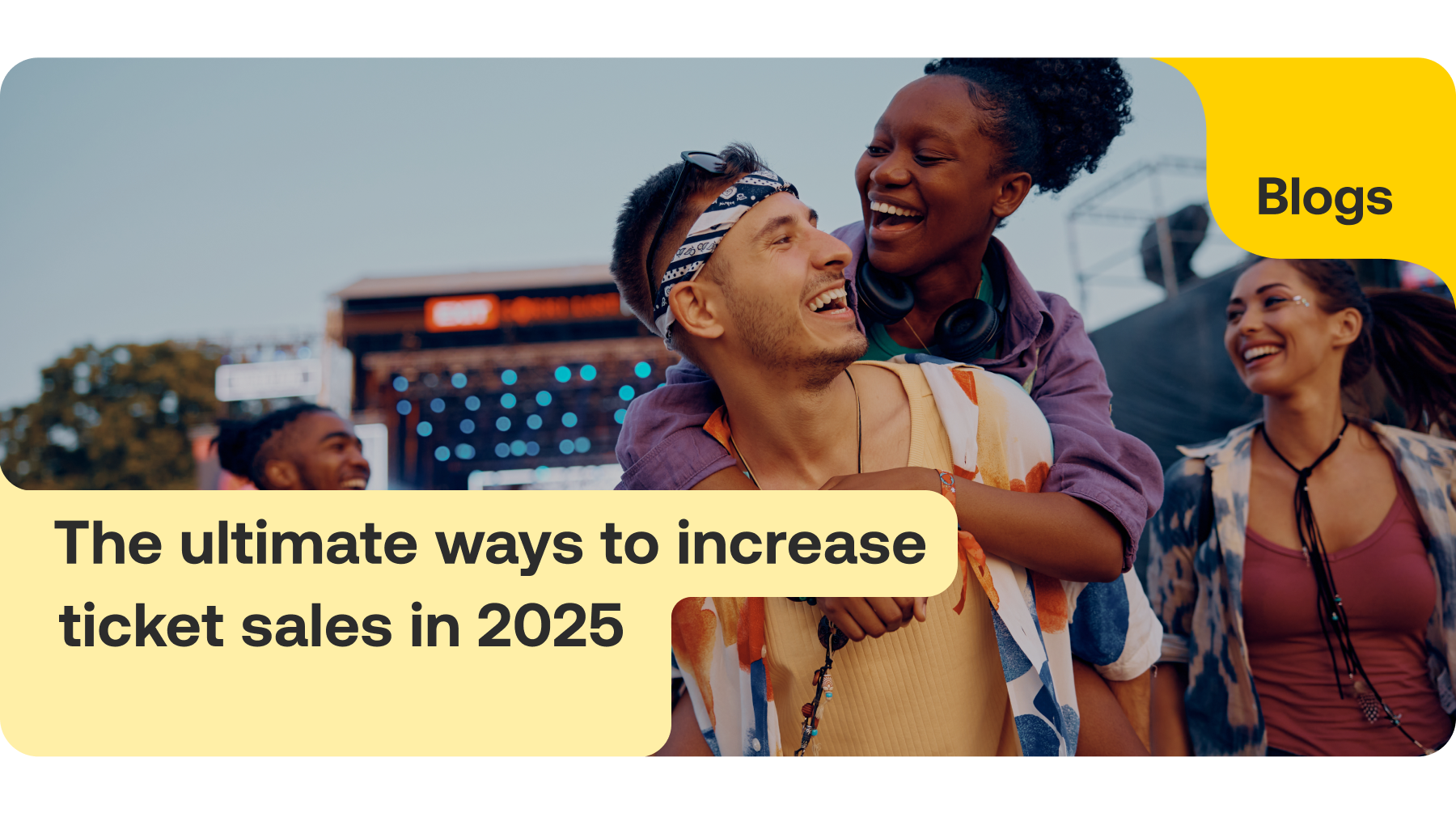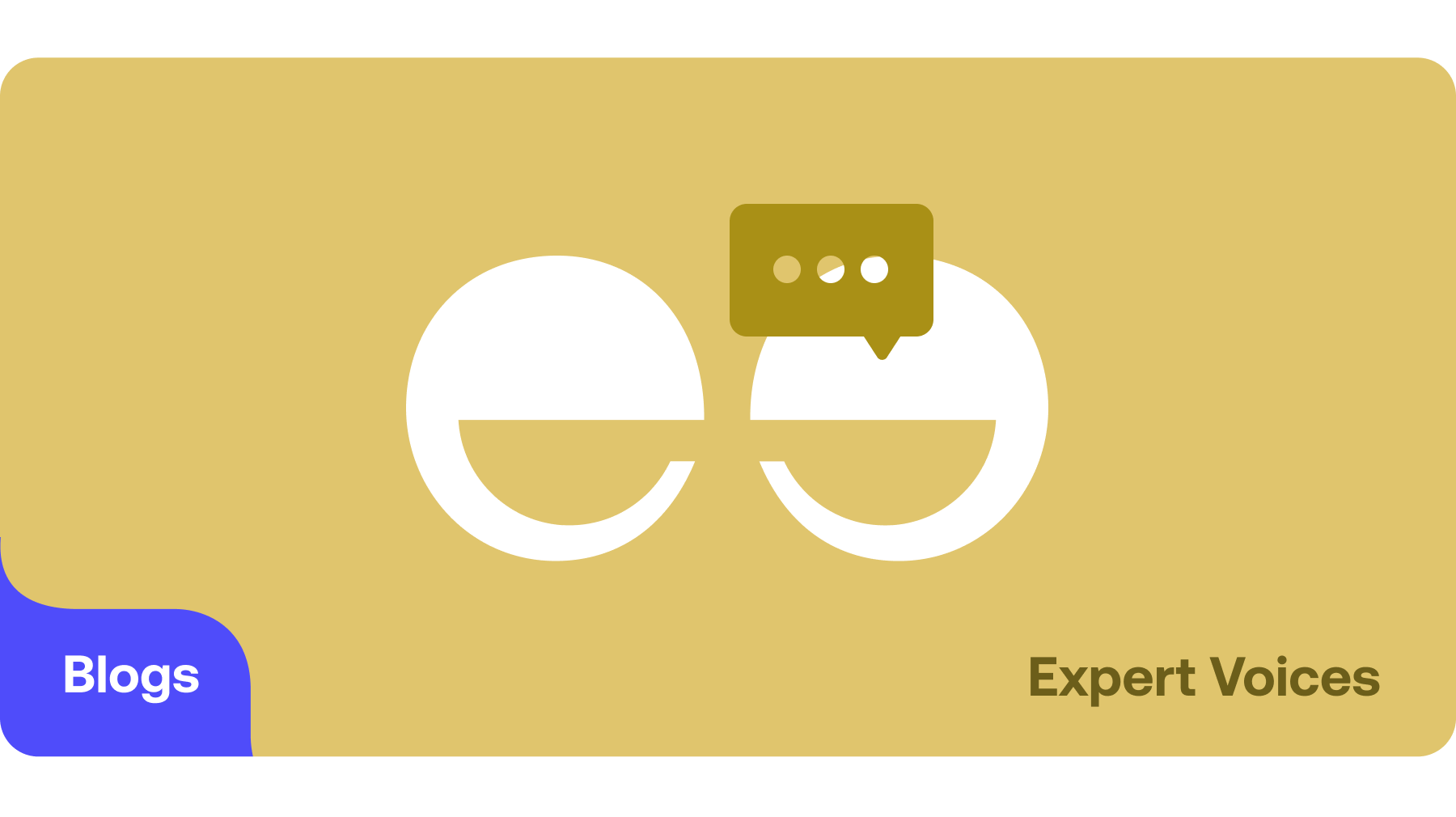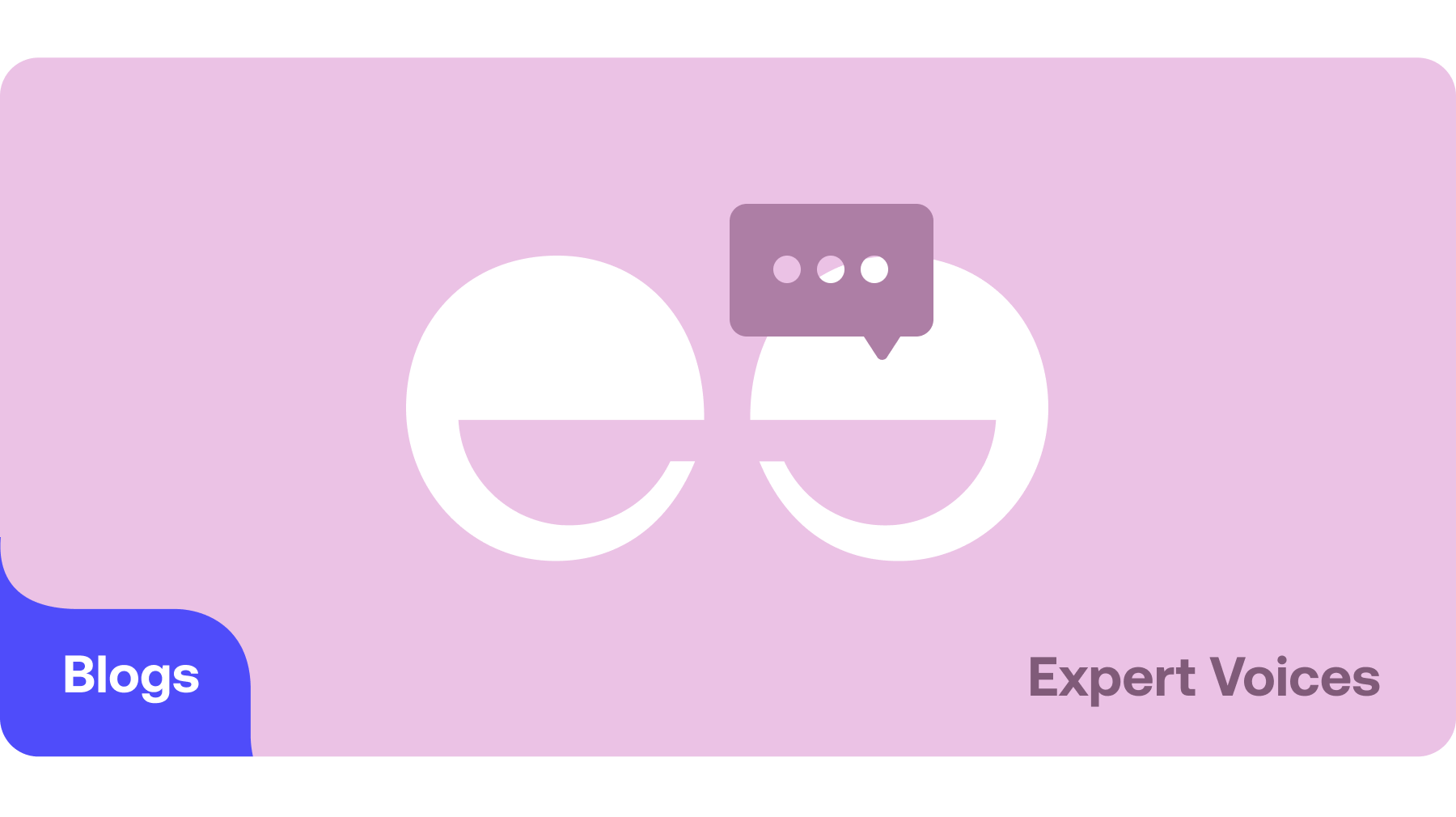Selling event tickets in 2025 is more competitive than ever. With an abundance of entertainment options and digital distractions, event organisers must work smarter to attract attendees, build trust, and create urgency. A well-rounded strategy leveraging early-bird pricing, influencer marketing, and customer reviews can significantly boost ticket sales.
Studies show that a single negative review can decrease purchase probability by 51.4%. This highlights the power of social proof in ticket sales. In this article, we’ll explore proven ways to increase ticket sales in 2025, including the role of verified reviews in driving conversions.
Early bird discounts and time-based offers
Creating urgency through early-bird discounts is nothing new – it’s well-known to drive ticket sales. Offering tiered pricing as you announce the event (e.g., super early bird, early bird, general admission) encourages attendees to commit early and secures revenue sooner. This strategy works exceptionally well for concerts, festivals, and sports events, where fans want the best price.
To maximise this strategy and enhance ticket sales:
- Use countdown timers on event websites and email campaigns to heighten FOMO (Fear of Missing Out).
- Offer exclusive perks to early buyers, such as VIP access, backstage passes, meet-and-greet opportunities, or free merchandise. For example, Victorious Festival rewards early buyers with lower prices before increasing rates closer to the event.
- Analyse past sales data to determine optimal pricing tiers.
Real-world examples of boosted ticket sales with discounts
- Coachella opens its ticket sales months in advance with a special pre-sale, allowing attendees to buy at a lower price before general admission sales open. This tactic not only drives revenue early but also creates hype around ticket scarcity.
- Some Broadway shows, like Hamilton, use tiered pricing combined with real-time demand-based adjustments. Early purchases are incentivised with lower pricing, while high-demand performances see price increases as availability shrinks.
- Sports events and season passes: Many sports teams, such as the NBA’s Golden State Warriors, offer early bird season ticket sales with added perks like priority seating or exclusive team merchandise.
By combining strategic pricing, time-sensitive offers, and exclusive incentives, event organisers can significantly boost early sales and build momentum leading up to their events.
Leveraging social media
Social media platforms like Facebook, Instagram, and TikTok are powerful tools for event promotion, boosting awareness, creating engagement, and driving ticket sales through both organic and paid marketing tactics.
How to maximise reach on social media to increase ticket sales:
- Create engaging event pages on Facebook and LinkedIn, and encourage attendees to share them, and to tag their friends they want to attend with. Events with active discussion sections and frequent updates tend to generate more excitement.
- Collaborate with influencers to promote events authentically. Micro-influencers (10K–50K followers) can see better engagement rates than celebrities and can provide a more personal recommendation to niche audiences.
- Run targeted ads with compelling visuals and testimonials. Platforms like Facebook and Instagram allow precise audience segmentation based on interests, location, and online behaviour.
Real-world example: TEDx Events
TEDx has successfully leveraged Instagram Reels and TikTok videos to create buzz around its conferences. By encouraging sharing of short, engaging clips of past talks, behind-the-scenes content, and speaker announcements, TEDx has increased its digital engagement and driven more ticket sales. Their strategy taps into the power of user-generated content, encouraging attendees to share their experiences, further amplifying event reach.
Email marketing campaigns
Email remains one of the most effective sales channels for events, with studies showing a 760% increase in email revenue from segmented campaigns. A well-executed email marketing strategy keeps potential attendees engaged, nurtures leads and ultimately drives ticket purchases.
How to make email marketing more effective for additional ticket sales
- Segment your audience – Sending tailored emails to past attendees, VIPs, and first-time buyers increases relevance and conversion rates. For example, a music festival could send exclusive early-access ticket offers to previous attendees while targeting new subscribers with testimonials and event highlights.
- Use drip campaigns – A series of automated reminder emails can keep momentum going. These can include ‘save the date’ announcements, countdowns to price increases, and last-call ticket warnings.
- Personalise subject lines and content – Emails with personalised subject lines are 26% more likely to be opened. Using attendees’ names, past event preferences, or exclusive discount codes can make emails more engaging.
Real-world example: Eventbrite’s email strategy
Eventbrite shows that personalised, segmented emails consistently outperform mass promotions. By using attendee behaviour insights, they have successfully increased ticket sales through targeted messaging, such as exclusive discounts for early registrants and urgency-driven reminders for near-sold-out events.
A well-planned email marketing campaign not only keeps potential attendees informed but also nurtures excitement, driving ticket sales well before the event date.
Referral programmes
Word-of-mouth marketing – and primarily reviews – are incredibly powerful for increasing ticket sales. A massive 79% of consumers trust online reviews as much as personal recommendations. A well-designed referral programme incentivises attendees to promote your event, leading to increased ticket sales and organic audience growth.
How to build an effective referral programme
- Offer discounts to attendees who refer friends – Providing a small discount (e.g., ‘Refer a friend and get 10% off your next ticket’) encourages attendees to spread the word. This approach works particularly well for music festivals, sporting events, and conferences.
- Provide affiliate codes for influencers and ambassadors – Partnering with micro-influencers or passionate eventgoers allows them to share unique discount codes with their audience. A fitness expo, for instance, could collaborate with fitness influencers to drive ticket sales through exclusive promo codes.
- Reward top referrers with exclusive perks – Create a leaderboard or tiered reward system where attendees who refer multiple friends can earn VIP upgrades, backstage access, or event merchandise. This gamifies the referral process and encourages more participation.
Showcasing testimonials and reviews
Since trust is a key factor in purchasing decisions, social proof is one of the most effective ways to increase ticket sales, and reviews from real attendees provide that confidence. Studies show that 93% of consumers read online reviews before making a purchase, making them an essential tool for event organisers.
How to use reviews and testimonials effectively:
- Display past attendee testimonials prominently on event pages. Featuring written and video testimonials directly on the ticketing page reassures potential buyers and reduces hesitation. Quotes such as: “This was the best festival I’ve ever attended – can’t wait for next year!”, can be the final push a hesitant buyer needs.
- Encourage attendees to share user-generated content (UGC). Ask past attendees to share their experiences through photos, videos, and event recaps. You can collect these alongside reviews, or via hashtags on social media like #MyEventExperience or #BestWeekendEver can help generate buzz and make your event look more appealing to new audiences.
- Use verified review platforms to collect reviews. Unlike basic star ratings or testimonials, Feefo provides verified reviews, ensuring authenticity and filtering out fake feedback. Prospective attendees can trust that the reviews they’re reading are from real eventgoers.
Real-world example: How reviews influence ticket sales
Major events like SXSW and Web Summit leverage attendee reviews to boost credibility and drive ticket sales. By showcasing real feedback from previous attendees – highlighting networking opportunities, speaker quality, and overall experience – they create a compelling case for why people should buy tickets.
Similarly, Coachella and Tomorrowland feature glowing testimonials and high-quality video content from past events to generate excitement and FOMO (Fear of Missing Out) for future editions.
Why verified reviews matter
Unlike reviews on open platforms that can be manipulated or faked, Feefo’s verified review system ensures that only genuine attendees can leave feedback. Event organisers using Feefo can display:
- Star ratings to give an instant impression of customer satisfaction.
- Written reviews that highlight event experiences.
- Video testimonials that offer a more personal and engaging perspective.
By integrating Feefo’s trusted review platform, event organisers can establish credibility, reduce buyer hesitation, and ultimately increase ticket sales.
Collaborations with influencers
Influencer marketing has become one of the most effective ways to reach new audiences, generate excitement, and build credibility for events. With social media playing a crucial role in event discovery, partnering with influencers allows event organisers to tap into engaged communities and drive ticket sales through authentic recommendations.
How to select the right influencers
Choosing the right influencers can make a significant difference in your campaign’s success. Consider the following:
- Micro-influencers (10K–50K followers) often have higher engagement rates than celebrities and build stronger connections with their audience. A music festival, for example, may benefit more from a niche music blogger with 30K highly engaged followers than a celebrity with millions of passive fans.
- Niche relevance ensures the influencer’s audience aligns with your event type. A fitness expo should partner with wellness influencers, while a tech conference should engage industry experts.
- Engagement rates are more important than follower count. An influencer with 10,000 highly engaged followers (likes, shares, comments) is more valuable than someone with 100,000 disengaged followers.
Influencers can help boost ticket sales by offering VIP access or exclusive discount codes, sharing testimonials and live event coverage, and multiple content formats.
Real-world example: Lollapalooza’s influencer strategy
Lollapalooza, a globally recognised music festival, partners with influencers to create viral content leading up to and during the event. By providing influencers with early access to festival information, exclusive merchandise, and meet-and-greet opportunities, they successfully reach millions of potential ticket buyers across social platforms.
Creating a sense of scarcity
Scarcity marketing is a powerful psychological trigger that increases demand by making tickets feel exclusive and limited. When people believe that tickets are in short supply, they are more likely to act quickly to secure their spot. Studies show that limited availability can increase conversions by up to 300%, making it one of the most effective sales tactics for events.
How to use scarcity to drive ticket sales
- Use staggered ticket releases with limited quantities. Events like Coachella and Tomorrowland use tiered ticket drops, selling a limited number of tickets at each stage (e.g., ‘early bird’, ‘phase 1’, ‘final release’). These gradual releases create urgency and excitement while allowing organisers to increase prices as demand rises.
- Add countdown timers to purchase pages and emails. Adding a visible countdown clock to ticketing pages or promotional emails reminds buyers that time is running out.
- Run flash sales with exclusive perks for early buyers. ‘24-hour only’ discount codes, VIP upgrades, or exclusive merchandise encourages quick decision-making.
- Offer limited VIP experiences. Creating exclusive ticket tiers (such as VIP passes, meet-and-greet opportunities, or backstage access) with limited availability makes attendees feel they are part of an elite group.
Real-world example: Wimbledon’s scarcity strategy
Wimbledon famously uses ballots and queuing for access to general admission tickets during the Wimbledon Championships. They’re aware this scarcity and exclusivity means the tournament is still one of the most sought-after events in the world. With a daily capacity of just 43,000 people, many fans are unsuccessful in the ballot, which leads to queues forming daily at the All-England Lawn Tennis and Croquet Club throughout the tournament.
Increasing ticket sales: Key takeaways
Successfully selling out an event requires a strategic mix of pricing tactics, digital marketing, and trust-building techniques.
To maximise ticket sales, event organisers should:
- Leverage early-bird discounts to create urgency and secure early revenue.
- Utilise social media and influencer partnerships to expand reach and generate excitement.
- Implement email marketing and referral programmes to nurture leads and encourage word-of-mouth promotion.
- Showcase verified customer reviews to build trust and reduce buyer hesitation.
Event attendees need reassurance before making a purchase, which is where Feefo’s verified reviews become a game-changer. By integrating genuine customer feedback into event pages, organisers can increase credibility, boost conversions, and enhance their marketing efforts.
Do you want to increase ticket sales and build trust with your audience? Discover how Feefo’s review solutions can help – book a demo today.



